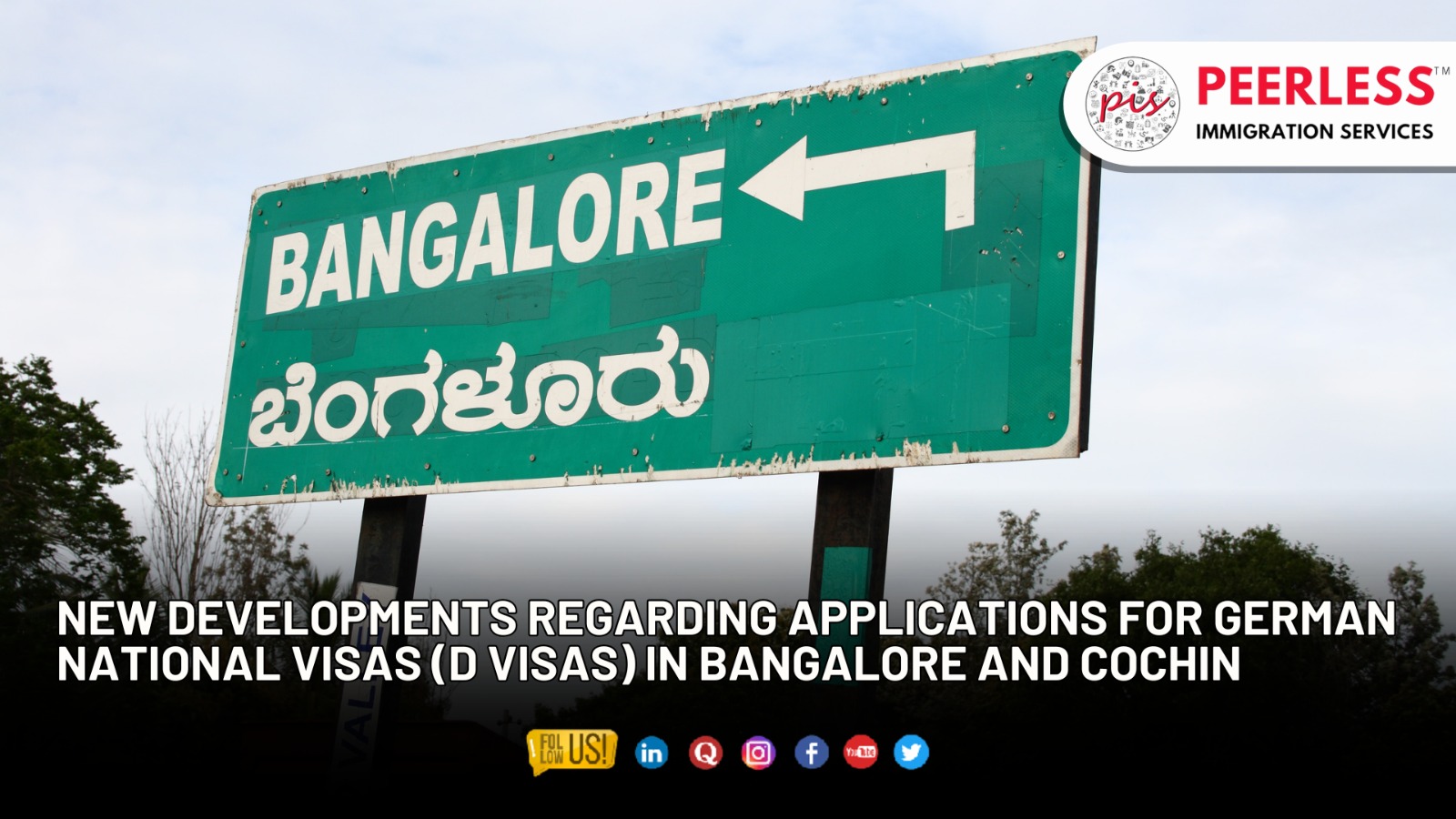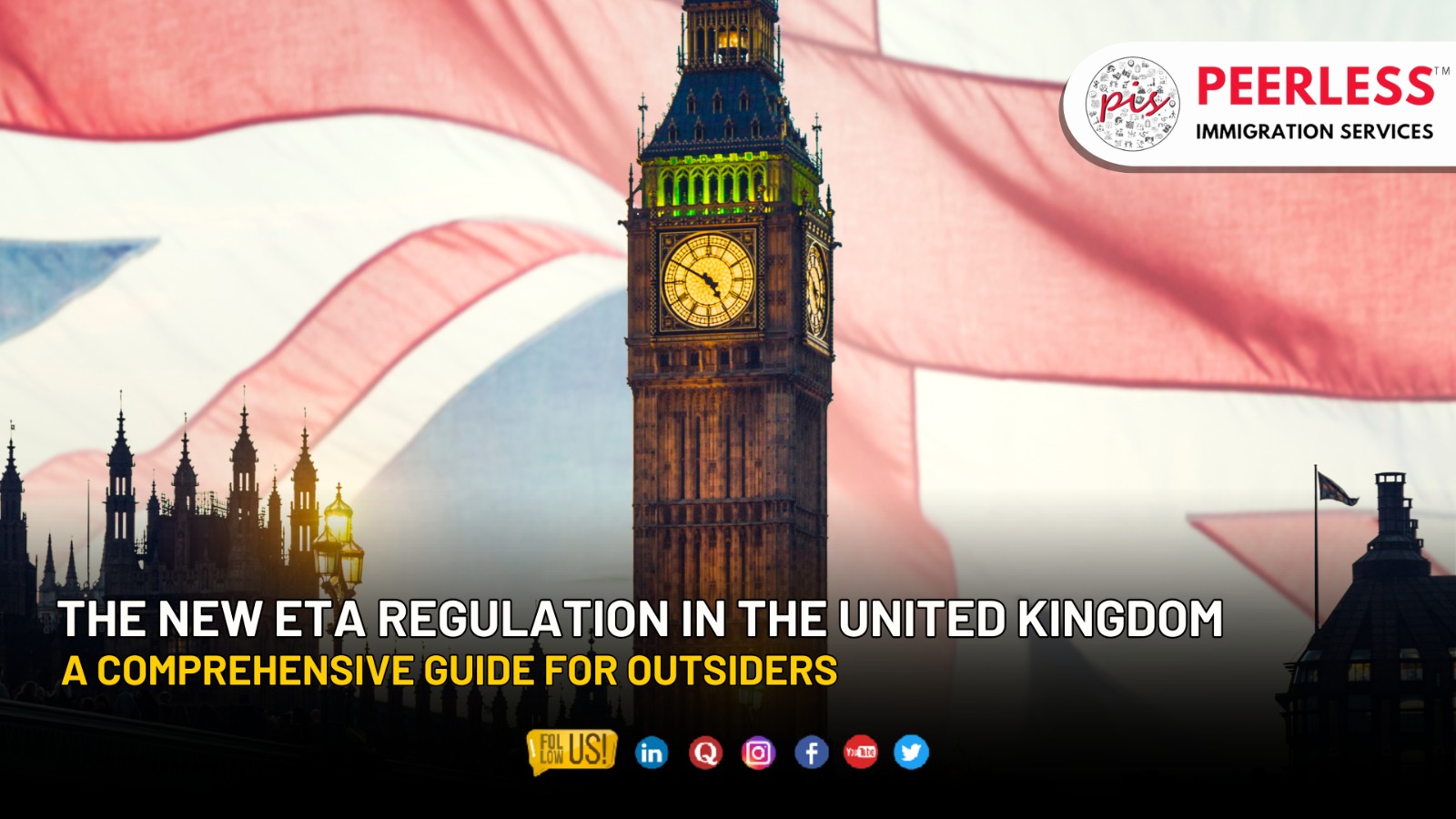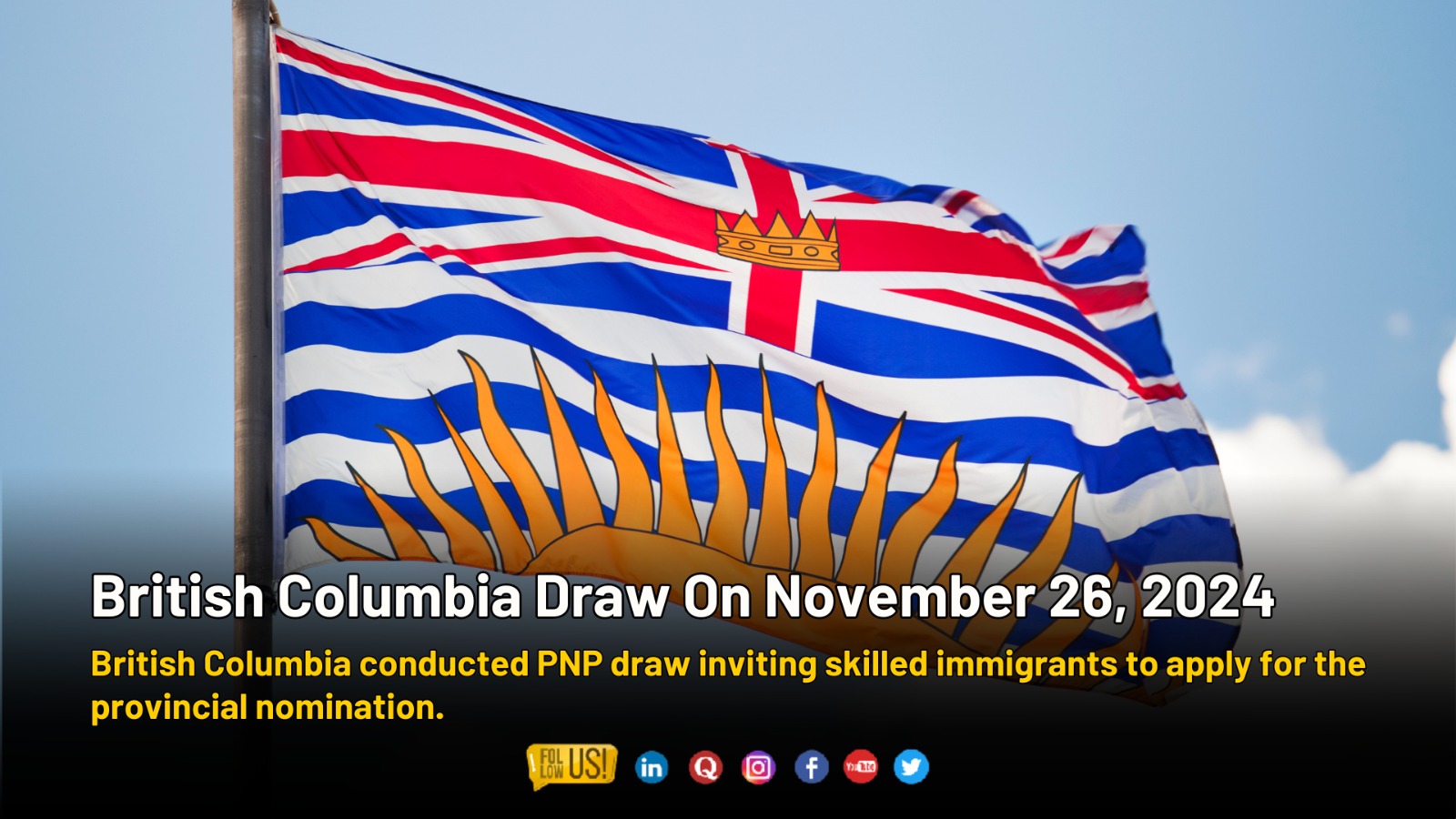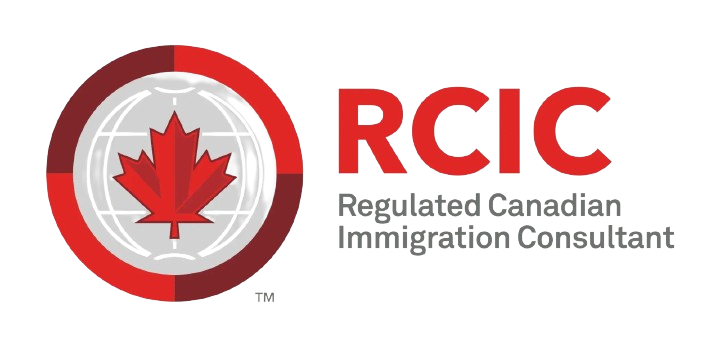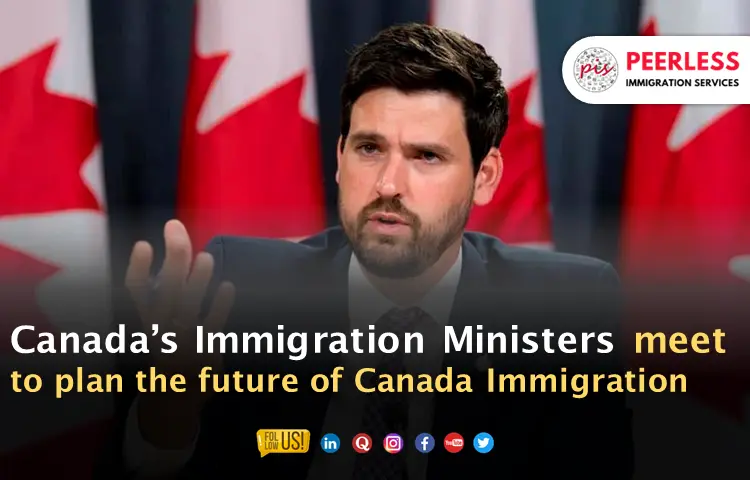
Canada’s immigration ministers meet to plan the future of Canada Immigration
During this meeting, immigration ministers from the federal, provincial, and territorial governments discuss the future of immigration in Canada.
To explore the future of immigration in Canada, the Forum of Ministers Responsible for Immigration (FMRI) gathered in Halifax, Nova Scotia at the Canadian Museum of Immigration.
The ministers were pleased with the advancements made in enhancing the efficacy of Canada’s immigration system and concentrated on promoting joint actions to address pan-Canadian immigration priorities.
Ministers talked about methods to speed up the application processing process, eliminate duplication, and give provinces and territories (PT) more control over provincial nominee programs (PNPs) as a follow-up to their July conference. The economic immigrant selection was also a topic of discussion.
The first-ever multi-year allocation plan from IRCC, which calls for an exceptional 44% increase in PNP allocations for 2023, was warmly welcomed by ministers.
As well as settlement and integration initiatives, Foreign Credential Recognition (FCR), and Canada’s humanitarian response to the evolving situation in Ukraine, ministers had fruitful discussions.
Ukrainians and their family members who are escaping Russian aggression and brutality have been welcomed and helped, according to Canada’s immigration ministers, who also denounced Russia’s invasion of Ukraine.
Ministers looked over the preliminary findings of the Ukraine Quick Impact Review and assessed the supports and policies implemented in relation to Canada’s immigration response.
PT Ministers urged Canada to extend temporary measures, such as the Canada-Ukraine Transitional Assistance Initiative and temporary hotel accommodations, to help displaced Ukrainians arriving in Canada.
Ministers brought up the necessity for future conversations on Ukrainians’ paths to permanent residency for individuals who wish to stay in Canada or are unable to go back to their native country.
Some ministers brought up the large numbers of asylum seekers entering Canada illegally in between ports of entry and discussed their ability to handle the influx of newcomers.
With a focus on the crucial role of immigration and the FMRI in addressing issues of labour shortage, ministers discussed collective priorities on FCR, particularly as it relates to internationally educated healthcare professionals (IEHPs), with PTs collaborating towards better credential recognition for new Canadians.
In the selection phase, understanding the intricate regulatory environment, improving the standard of FCR pre-arrival information sharing, and strengthening federal, provincial, and territorial (FPT) collaboration, particularly with the Forum of Labour Market Ministers, were among the key areas on which the ministers collectively decided to concentrate.
The ministers reaffirmed their commitment to collaborating to create a more flexible, client-centered economic immigration system that includes greater PT input in immigrant selection
The growth of category-based selection through the Express Entry economic immigration platform and shared opportunities to eliminate application processing duplication, including expedited PNP application assessments, were also updated for the PT Ministers.
Ministers thought about how to strengthen the FPT partnership on regional economic immigration targets, including important initiatives like the PNP and Atlantic Immigration Program (AIP).
Ministers concurred that as immigration targets rise, it is necessary to review how well communities can absorb newcomers and that regionalization of immigration is still crucial.
The delivery of settlement services was discussed by ministers in light of previous service delivery methods, the present strategy, and potential future requirements, with a focus on ways to improve outcomes and retention, including increased PT involvement and increased financing.
At the subsequent FMRI meeting, the ministers decided to talk about service delivery models and the roles of the federal, provincial, and territory governments.
The ministers decided to take action to maintain strong public support for immigration and to keep collaborating to ensure that long-term FPT immigration and settlement goals advance the present and future economy of Canada.
Observers from Prince Edward Island took part because there was a provincial election.
Regarding the FMRI: A flexible, efficient, and expeditious immigration system for Canada is supported by the Forum of Ministers Responsible for Immigration, an FPT decision-making body.
A mission for the FMRI and a vision for immigration to Canada were set by FPT Ministers in 2020. The goal of the FMRI is to improve Canada’s immigration policy and programs while advancing shared immigration interests.
